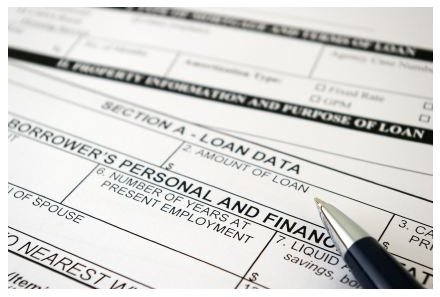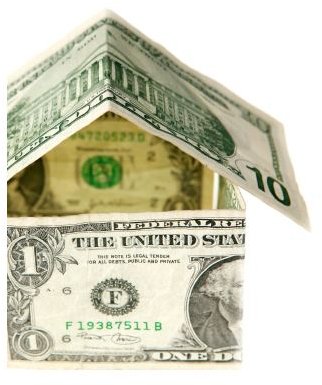Home Sales: Can I Sell My Home For More Than the Appraisal?
Understanding the Appraisal Role in Financing
Those who are purchasing a home typically pay close attention to the appraisal value of the home. Additionally, banks (or lenders), and insurance companies also verify the appraised value of a home when a mortgage application is filed. There has been a dramatic decrease in the value of homes, resulting in a loss of equity for some homeowners while others have found themselves in an “upside down” mortgage.
Unfortunately, there does not appear to be an end in sight to the decline in property values. The current economic cycle that is being faced in the United States also means that there are potentially fewer buyers, as unemployment continues to plague nearly every region and profession.
Homeowners who find themselves in the untenable position of having an upside down mortgage may consider selling their home. When meeting with a realtor, they can ask the question “can I sell my home for more than the appraisal?”. The appraisal process was dramatically overhauled in 2009, which in some instances made it more difficult, especially given the rate of foreclosures.
Lenders look at an appraisal and in some cases, believe if a home is appraised at a lower value than the property is being purchased for that there is greater risk for the buyer to default on the mortgage.
Low Appraisal Values and Financing

One of the first requirements of applying for a home mortgage is to fill out a mortgage loan application (known as a form 1003). After this has been completed, the lender will order a property appraisal. Lenders will also request a copy of the signed purchase and sale agreement to accompany the application and appropriate documentation.
Loan to Value Ratios
A lender will require that the loan to value ratio (LTV) be within a certain range depending on their individual criteria. In some cases, a lender may require that the down payment amount be substantially higher (depending on numerous factors including loan amount, income levels and whether the property is an investment property). In cases where the appraisal is lower than the sales price of the home, the lender will always require the difference to be part of the down payment. For example:
- Property Value: $240,000
- Sales Price: $260,000
- Down Payment Requirement: $24,000 (assuming 10% LTV on value of $240,000) plus an additional $20,000 based on the amount over the appraised value. The total down payment would then be $44,000.
In addition to a higher down payment, the lender may also require that the borrower escrow taxes and insurance. The home buyer would also be required to take out personal mortgage insurance (PMI) since the loan amount exceeds 80% of the property value. Selling a home at a higher than appraised value may be necessary if the home currently has a high mortgage, however unless the lender is willing to work with the buyer, it may be very difficult to obtain financing.
If you are one of the millions of homeowner’s who has a mortgage that exceeds the value of the property, your first question to a real estate agent may be if you can sell the home for more than the appraised value. While the realtor may tell you that this is possible, chances are that buyers will have trouble finding financing without a substantially larger down payment than may otherwise be necessary. In some cases, lenders are unwilling to take these types of risk because the equity in the property would be significantly lower than if the buyer bought a home with a higher appraisal using the higher down payment.
References
- Home Value Author Coreay purchased via istockphoto.com
- Uemployment rates: http://blogs.wsj.com/economics/2010/06/18/unemployment-rates-by-state-nevada-overtakes-michigan-for-nations-worst/
- Home Appraisals: http://www.cbsnews.com/stories/2009/07/14/business/main5160228.shtml
- U.S. Home Values http://www.bloomberg.com/news/2010-12-09/homes-in-u-s-poised-to-lose-1-7-trillion-in-value-this-year-zillow-says.html
- Form 1003 Author Riverlim purchased via istockphoto.com
